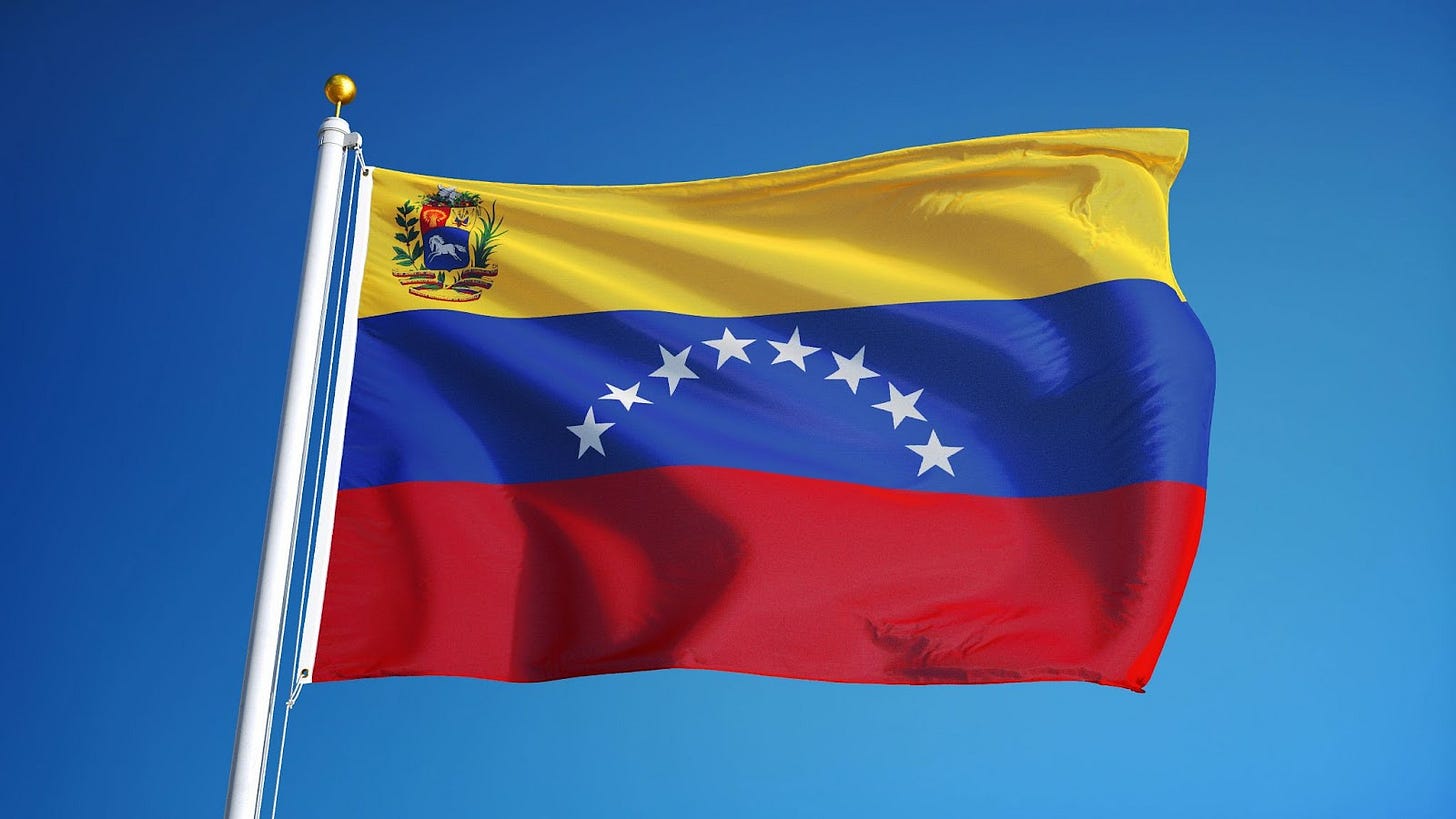What’s behind Venezuela’s new archbishop appointments?
There are several possible reasons for the appointments - including a strategic decision in an election year or the result of Vatican diplomacy.
On June 28, the Vatican announced the appointment of three new archbishops in Venezuela.

Pope Francis accepted the resignation of 79-year-old Cardinal Baltasar Porras of Caracas, and appointed Bishop Raúl Biord, SDB of the Diocese of La Guaira as his successor.
The pope also filled two major vacant sees.
